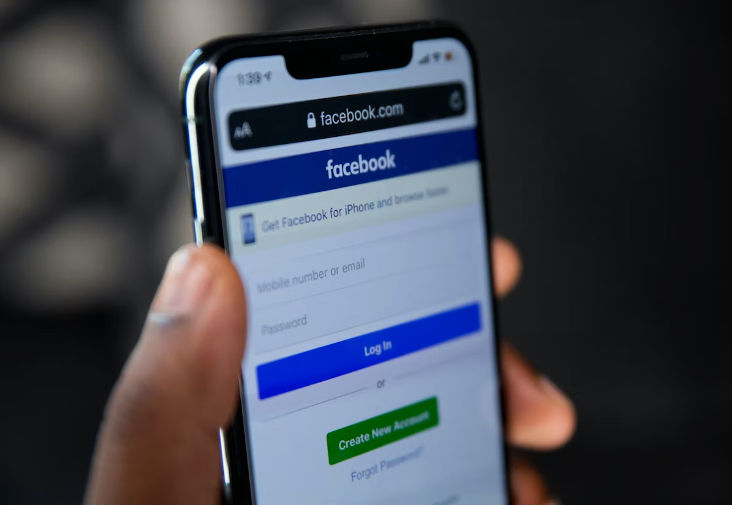Study: Global Spread of Facebook Not Linked to Psychological Harm
A study conducted by the Oxford Internet Institute (OII) found "no evidence" that Facebook's spread throughout the world was consistently linked to negative well-being. Researchers studied nearly 1M people across 72 countries between 2008 and 2019.

Facts
- A study conducted by the Oxford Internet Institute (OII) found "no evidence" that Facebook's spread throughout the world was consistently linked to negative well-being. Researchers studied nearly 1M people across 72 countries between 2008 and 2019.1
- The research, which didn't study other Meta-owned apps such as Instagram, divided users into two age groups, 13-34 and 35+, though it didn't analyze data for young people as a separate group. It also didn't examine the risks presented by certain types of content, such as material promoting self-harm.2
- The researchers, Prof. Andrew Przybylski and co-author Matti Vuorre, analyzed "three indicators of well-being: life satisfaction, negative and positive psychological experiences." While they found no general link to negative wellbeing, they did find that females were slightly more impacted than males.1
- Despite previous research to the contrary, the study found "small but significant" evidence that the spread of Facebook actually led to an improvement in well-being. They correlated Facebook's rise with data from the global Gallup survey and another dataset that reflects anxiety, depression, and self-harm.3
- Meta, which provided the internal data, said it hoped the "first of a kind study" will lead to productive conversations with policymakers, parents, and academics. Both researchers are independent of the company and the study wasn't funded by Meta.2
- Meanwhile, Facebook whistleblower Francis Haugen argued that the 13-34 age group wasn't helpful in assessing the impact on children, adding that its tilt toward the first world "hides a lot of the impact" because Facebook use in the global south was not heavy or based on a text-based version.3
Sources: 1Euronews, 2BBC News, and 3Times.
Narratives
- Narrative A, as provided by NPR Online News. The popular belief that social media is a detriment to society and our well-being doesn't add up when compared to the data. Previous studies have already shown that reports on negative body image and suicidal thoughts are blown out of proportion. While anti-social media activists like to compare Big Tech to Big Tobacco, another thing they're missing is that social media actually has positive effects alongside their statistically insignificant negative consequences.
- Narrative B, as provided by Tech. While the size of this study should be appreciated and used for further research, it really doesn't provide a cause-and-effect result. The researchers even acknowledge that they didn't show the typical "97.5% credibility threshold in all cases," as well as that young people today don't even use Facebook. Concerns surrounding social media's impact on mental health are still legitimate, so we shouldn't let this correlative study sway our thinking.






